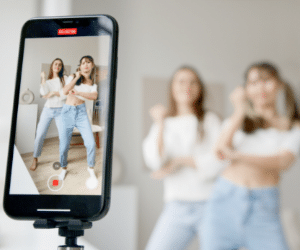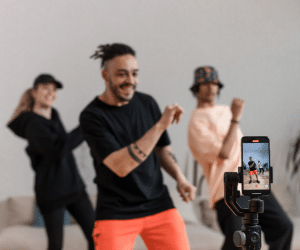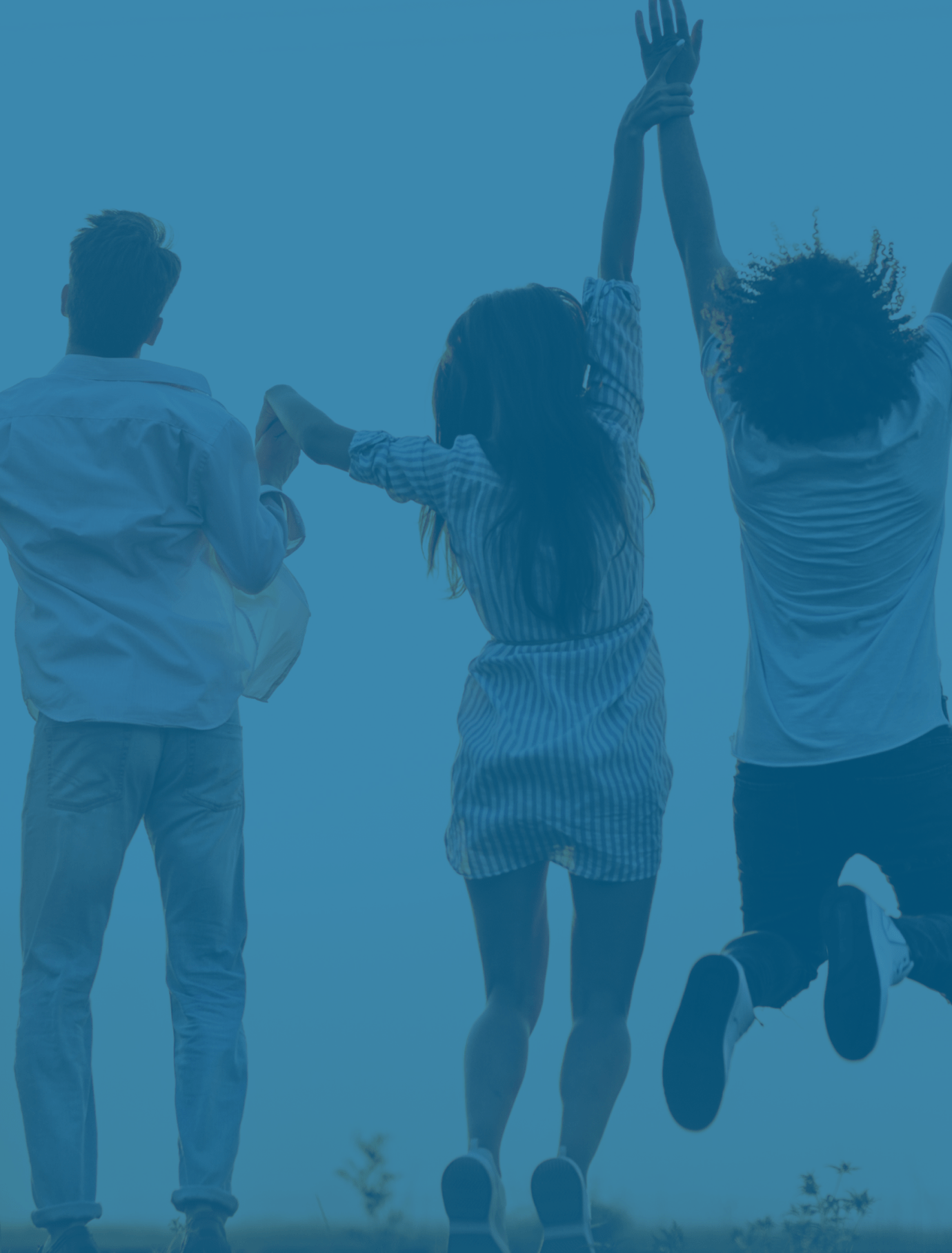The TikTok Community
By now, you definitely should know what TikTok is, or at least heard of it. TikTok is the newest social video creator and editor app that is most popular among Gen Z and Millennials. TikTok is home to millions of amateur videos, giving communities of all sorts a platform to create and connect with one another. The popular hashtag “#RecoveryTikTok,” in reference to those in the addiction recovery community, has grown since TikTok’s original release date. Now, #RecoveryTikTok has over 50 million views and hundreds of videos. Similarly, #RecoveryTok has over 100 million views.
Why It Matters
The stigma surrounding addiction is an apparent one: “You must be weak-minded” “They’re bad people” “You can stop when you want to.” Statements like these are commonly used among communities that are not familiar with substance abuse and mental health. Addiction is a disease; it can be treated with professional help, but nonetheless is still a disease. The National Survey on Drug Use and Health (NSDUH) reported 19.7 million American ages 12 and older battled a substance use disorder in 2017. Almost 20 million people a year struggle with some type of substance use disorder and yet the prejudice on addicts still looms over the recovery community and those in active addiction.

So where do those struggling with addiction go to when they’re in need of a supportive community? Well, social media. From Facebook to Instagram, there are a lot of options for those in active addiction or the recovery community to post and engage with like-minded people or people with similar experiences. However, TikTok has worked its way up to be one of the main outlets for people due to its more personalized nature. TikToks allow users to post videos of photos, explanations and inspiration. In fact, a lot of #RecoveryTikTok users create content centered around what their lives looked like in active addiction versus in addiction recovery. These videos instill hope and motivation in those currently struggling and also allows others in recovery to connect and relate with people they don’t usually get the opportunity to.

When individuals feel as if they are alone or on their own in their addiction or path to recovery, co-occurring mental health disorders such as depression can develop. According to the U.S. Department of Health and Human Services, “In a study of all non-traffic injury deaths associated with alcohol intoxication, over 20 percent were suicides.” This statistic is just a piece of the puzzle when it comes to correlation between mental health, addiction and suicide rates. Those struggling with addiction and other mental health disorders are at a higher risk of suicide and can succumb to negative thoughts and feelings easier without a support system or outlet.
How to Use TikTok to Represent the Recovery Community
If you’re unsure where to start as a new user on TikTok, follow these few tips to create content and engage with relative hashtags. 
- Don’t be afraid to show your journey. Posting photos or stories of yourself in active addiction can help both you and others compare experiences and act as a small support system. It may be uncomfortable at first to dig up photos of yourself in active addiction and put them on social media for the world to see, and that’s OK! Only post what is comfortable to you without triggering yourself.
- Create engaging content. Majority of TikTok users spend about 11 minutes on TikTok at a time, several times throughout the day. When you create engaging content it stops a user from mindlessly scrolling and causes them to re-watch your video, like it or comment on it.
- Follow other creators and hashtags. Supporting other community member’s content will result in them also supporting yours. The more support and engagement you get, the more your message will appear on people’s “for you page.”
New Day Recovery is a full continuum addiction treatment center with facilities across Northeast Ohio. New Day focuses on treating the whole individual rather than just the addiction. From medical detox and intensive inpatient program to social detox and residential programs, New Day has options for individuals in every stage of their recovery. If you or someone you know is struggling with a substance use disorder, please call us at 330-953-3300 to see how we can help. If you or someone you know is struggling with suicidal thoughts, please immediately call the National Suicide Prevention Lifeline at 1-800-273-8255.




